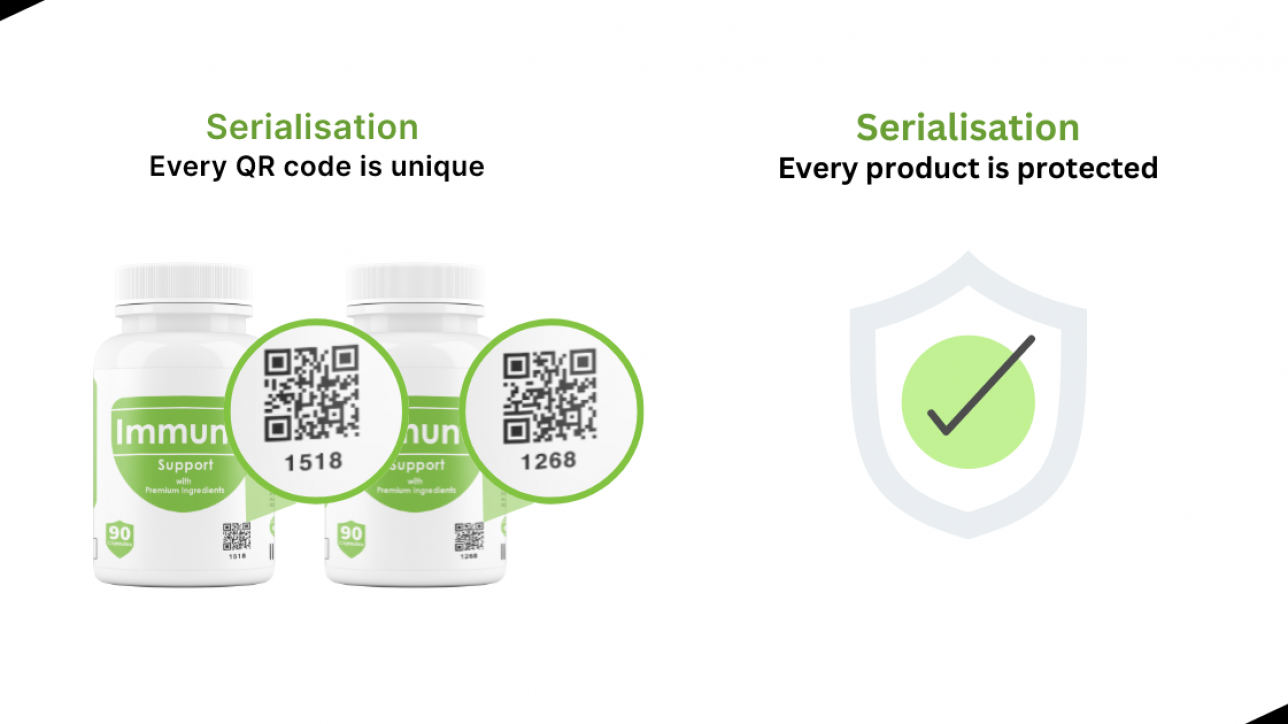Combat counterfeiting and protect your brand with QR code serialisation. This unique tracking method assigns a QR code to each product, allowing for easy identification and traceability throughout the supply chain, ultimately reducing lost revenue and protecting your brand reputation.
In this article, we’ll explore the benefits of QR code serialisation for brands and how it can be used as part of a comprehensive product authentication strategy.
What is a Serialised QR Code?
QR code serialisation is a method of assigning a unique identifier, in the form of a QR code, to each individual product. This identifier, or serial number, can be used to track the movement of the product through the supply chain and identify any potential counterfeits. QR code serialisation is a powerful tool for brands looking to protect their products and their brand reputation.
How Does QR Code Serialisation Work?
The process of QR code serialisation is fairly straightforward. First, a unique QR code is generated for each individual product. This QR code can be printed directly on the product or on the packaging, and it can be scanned using a smartphone without the need of an app or any other special attachments The QR code contains a unique serial number that is associated with the product, as well as other relevant information such as the product name, manufacturer, and date of manufacture.
When a customer scans the QR code, the serial number is transmitted to a central database where it is stored along with other relevant information. This allows the brand to track the movement of the product through the supply chain and identify any potential counterfeits.
Advantages of QR Code Serialisation for Brands
There are several advantages of QR code serialisation for brands, including:
1. Improved supply chain visibility: QR code serialisation allows brands to track the movement of their products through the supply chain, making it easier to identify and eliminate counterfeits. This can help to improve supply chain efficiency and reduce the risk of counterfeiting.
For example, if a brand suspects that a particular batch of products is being counterfeited, they can use the QR code serialisation system to trace the origin and movement of those products. This can help the brand identify the source of the counterfeits and take appropriate action to remove them from the market.
2. Enhanced brand protection: By using QR code serialisation, brands can ensure the authenticity of their products and protect their brand reputation. Customers can scan the QR code to verify the authenticity of the product, giving them confidence in the brand and reducing the risk of counterfeiting.
For example, if a customer is concerned that a product they have purchased may be counterfeit, they can scan the QR code to check its authenticity. If the QR code is valid, the customer can be confident that they have purchased a genuine product, which can help to build trust in the brand.
3. Increased customer engagement: QR code serialisation can also be used as a means of engaging with customers. By including additional information or marketing messages in the QR code, brands can create a more interactive and engaging customer experience.
For example, a brand could include a link to a product review or a special offer in the QR code, which would be revealed to the customer when they scan the code. This can encourage customer engagement and help to build loyalty to the brand.
4. Improved product traceability: QR code serialisation allows brands to trace the origin and movement of their products, which can be useful in the event of a product recall or other issue. By having this information readily available, brands can more quickly and easily identify and remove any affected products from the market, minimizing the risk to consumers and protecting their brand reputation.
Conclusion: Serialised QR Codes: The Benefits for Businesses
QR code serialisation is a powerful tool for brands looking to protect their products and their brand reputation. By assigning a unique QR code to each individual product, brands can track the movement of their products through the supply chain and identify any potential counterfeits. This can help to improve supply chain efficiency, enhance brand protection, increase customer engagement, and improve product traceability. If you’re a brand looking to protect your products and your brand, consider implementing QR code serialisation as part of your product authentication strategy.
Learn more about QR code serialisation for your business.

